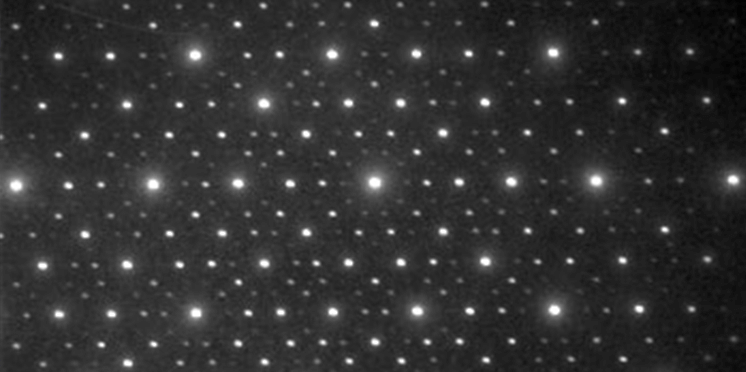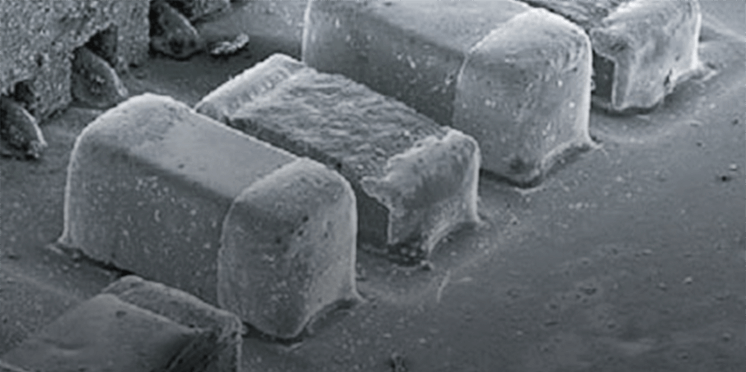suffer
例文:
Many electrons suffer single plasmon losses since the typical mean free path for the generation of a plasmon is about 50 nm.
プラズモンの生成についての典型的な平均自由行程は約50nmなので、多くの電子は1回のプラズモン損失を受ける。
例文:
The zero loss peak is produced firstly by those electrons which have not been scattered by the specimen, secondly by those that have suffered phonon scattering and thirdly by elastically scattered electrons.
ゼロロス・ピークは、第一は試料によって散乱されなかった(それらの)電子、第二はフォノン散乱を受けた電子、第三は弾性的に散乱された電子により、作られる。
例文:
Like any optical element, an electron energy-loss spectrometer suffers from aberrations.
あらゆる光学素子のように(がそうであるように)、電子エネルギー損失分光器は収差を被る(蒙る)。
例文:
If the magnetic material used in the EELS spectrometer suffers from hysteresis, greater nonlinearity can be expected (particularly at the beginning of each scan of the energy-loss spectrum).
もし、EELS分光器に使われる磁性材料がヒステリシス(履歴現象)を被る(蒙る)と、より大きな非線形性が期待される(特に、エネルギー損失スペクトルの個々のスキャンの始まりにおいて)。






